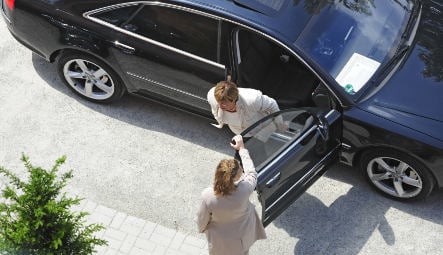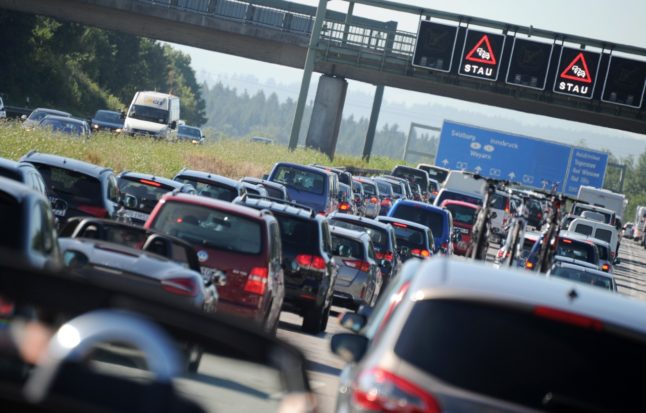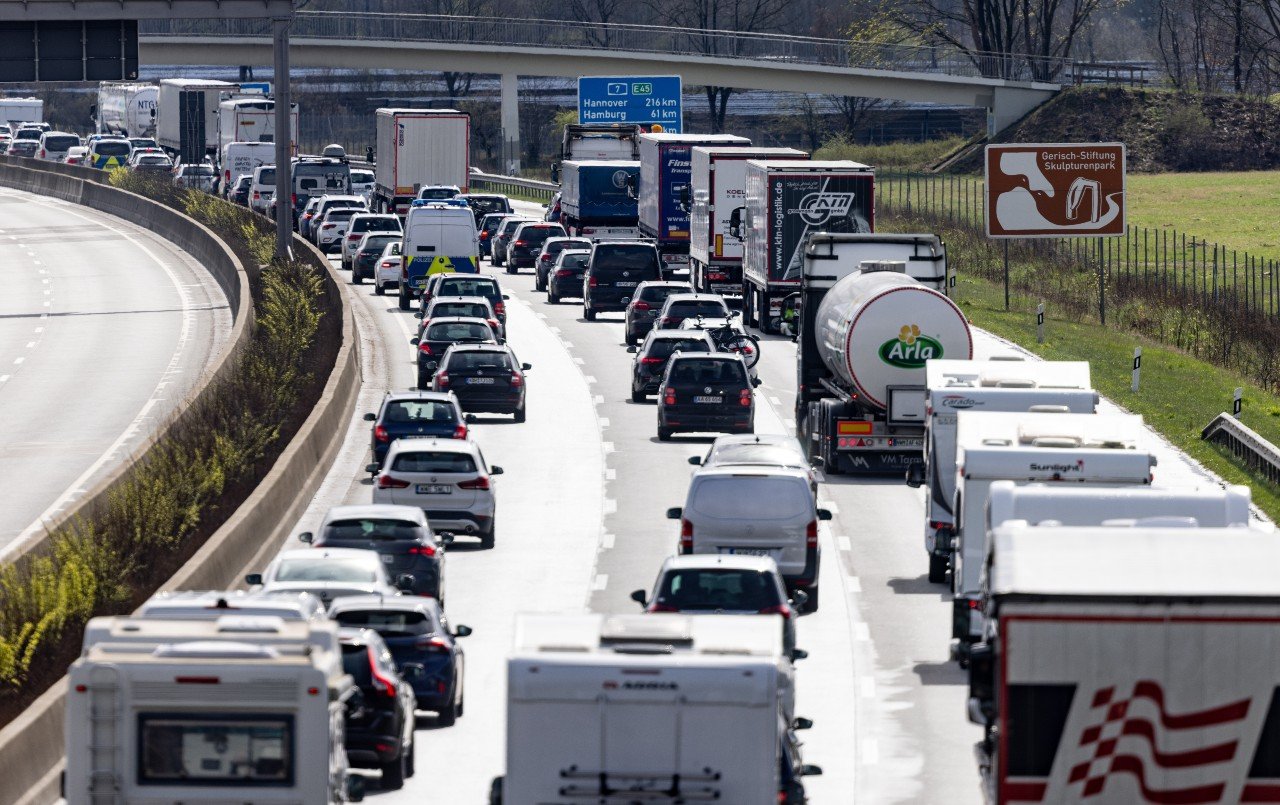Schmidt was visiting Alicante on vacation and had paid for her personal airfare there. As she also planned to attend some events in Spain in her official capacity and had her driver make the 2,387 kilometre journey from Berlin the €90,000 Mercedes S-Class to ferry her around. No details are currently available about the circumstances of the theft.
Political opponents have seized on the affair. Georg Schirmbeck, a budget expert for the Christian Democratic Union, which currently shares power in an uneasy coalition with Schmidt’s Social Democratic Party, denounced Schmidt in an interview published the daily Neue Osnabrücker Zeitung.
“As health minister Schmidt’s time in office has already expired, it’s not necessary to call for her resignation. But having made such a hash of things, it’s clear she’s the wrong woman to be in the cabinet,” Schirmbeck said.
Patrick Döring, a parliamentarian from the opposition Free Democratic Party, which hopes to replace the SDP in a coalition with the CDU, joined in criticising Schmidt.
“I can’t imagine that the German embassy in Madrid wasn’t in the position to be able to give the minister a ride to one or more speeches,” Döring said in an interview with the daily Neue Presse.
Schmidt’s spokeswoman said Sunday she intended to use the car only for official functions such as a meeting on Monday with German pensioners living in Spain. The spokeswoman said Schmidt had been vacationing in the area for years and had privately rented a vehicle for her personal travel, according to a report in Monday’s Tagesspiegel newspaper.
The incident is sure to become fodder in the campaign leading up to national elections on September 27. Schmidt’s SPD is struggling to gain traction with voters and is far behind in the polls.





 Please whitelist us to continue reading.
Please whitelist us to continue reading.
Member comments